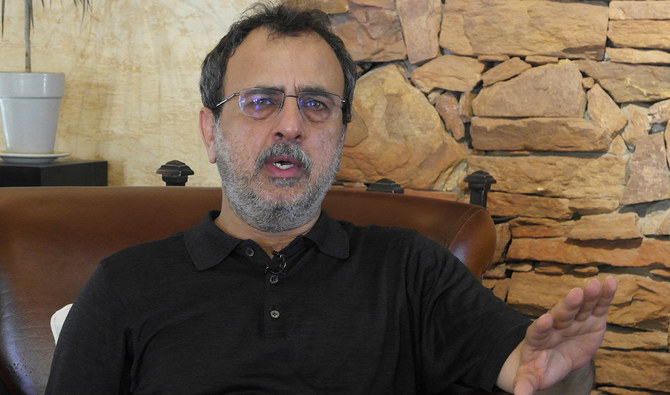The renegotiation of agreements with Independent Power Producers (IPPs) has resulted in financial adjustments amounting to Rs1 trillion, Power Minister Awais Leghari announced during a media briefing. These savings, achieved through a collaborative government approach, were attributed in part to the support of Army Chief General Asim Munir.
Agreements with five IPPs were terminated, saving Rs 411 billion, or Rs 7 billion annually. Settlements with eight bagasse-based IPPs added Rs 238 billion in total savings, translating to Rs 8.8 billion annually. Further negotiations with 16 more IPPs are expected to generate additional savings of Rs 481 billion. Talks with Chinese IPPs, excluding nuclear power plants, have also begun, with the re-profiling of one nuclear plant’s debt leading to a Rs 1.5 per unit tariff reduction.
The minister addressed the solar net metering buyback rate, stating it would soon be lowered to reduce the financial burden of Rs150 billion currently borne by other consumers, while ensuring solar investors recover their costs within four years.
On privatisation, he revealed plans to privatise three Distribution Companies (IESCO, GEPCO, and FESCO) by the end of 2025. Additionally, recent Nepra-approved amendments would be revoked, with key reforms in the regulatory authority underway to ensure fairness.
Electricity prices have also seen a decline. The average price dropped from Rs48.70 per unit in June 2023 to Rs44.04, while industrial rates fell from Rs58.50 to Rs47.17 per unit. The elimination of Rs150 billion in cross-subsidies for the industry aims to foster growth, job creation, and economic stability.
Reforms in the transmission system include restructuring the National Transmission and Despatch Company (NTDC) into three entities for better efficiency and competitiveness. The South-North transmission corridor is under development, with plans for a 1000MWh battery energy storage system and improved infrastructure at substations.
Efforts to reduce the circular debt, now at Rs2.2 trillion, are underway. Transitioning circular debt costs to the national budget is expected to ease electricity bills. Meanwhile, agricultural tube wells in Balochistan are being converted to solar power, supported by federal and provincial funds.
The Bijli Sahulat Package continues to offer discounted tariffs for households and industries, while redundant generation assets are being prepared for auction. Special tariffs for electric vehicles are also in the pipeline to promote sustainability.
The minister acknowledged challenges such as low recovery rates by Distribution Companies, which contribute to Rs250 billion in losses annually. However, he expressed optimism about ongoing reforms and reiterated his gratitude to the military leadership for their role in renegotiating IPP agreements.




